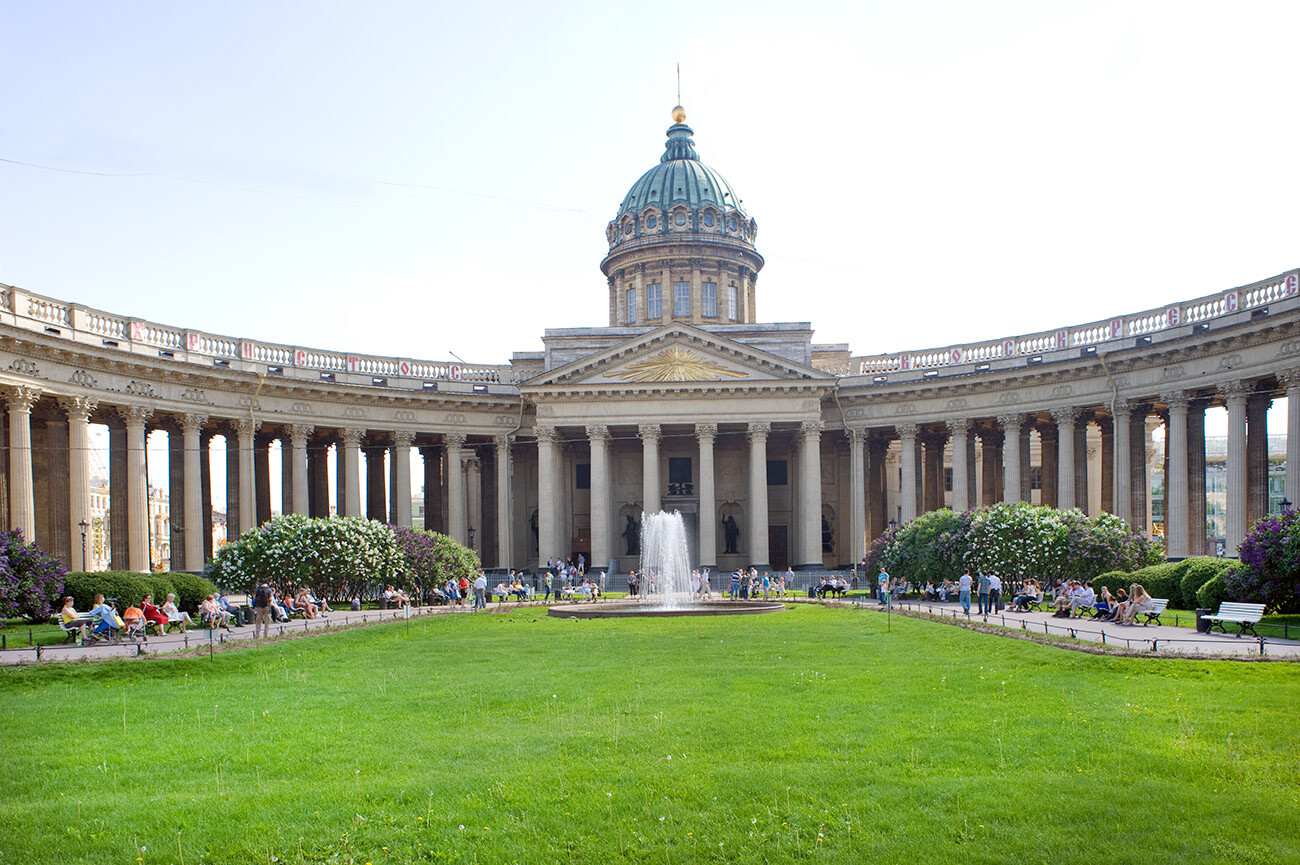
Easter 2025: Why Catholics & Orthodox Christians celebrate it on the same day

How is the date for Easter determined?
The Resurrection of Christ celebration in Christian churches is a passing holiday, which means its date changes every year. The day of the Christian Easter, as well as its prototype, the Old Testament Passover (Pesach), is determined by the lunar calendar.
Back in the 4th century, before the Christian Church divided, it was adopted to celebrate Easter on the first Sunday after the spring full moon. That is, the first full moon after March 21, the day of the vernal equinox.
 April 20 is the common date in 2025
April 20 is the common date in 2025
The first Sunday after the spring full moon always falls on different days. There is also another thing to consider. The Russian Orthodox Church calculates this date on the Julian calendar, while, since the 16th century, Catholics observe the new Gregorian calendar. And the difference between them amounts to 13 days.
Despite the fact that Russia officially switched to the Gregorian calendar after the 1917 Bolshevik Revolution, the Church in Russia is still oriented to the old, Julian calendar.
 Easter service in the Kazan Cathedral of St. Petersburg
Easter service in the Kazan Cathedral of St. Petersburg
In 2024, the difference between Easter was more than a month! Catholics (as well as, for example, the Armenian Apostolic Church) celebrated the holiday on March 31, while the Russian Orthodox Church celebrated it on May 5.
In 2025, Easter will be celebrated on the same date for all Christians, on April 20. Last time the date coincided in 2017, however, the next time, it will occur as soon as in 2028. On average, this is what happens every three years.
What is the difference between the celebration in Russia and in the West?
 Chocolate bunnies production
Chocolate bunnies production
In the West, the main symbol of Easter is the rabbit, lamb and painted eggs, while, in Russia, it is dyed eggs and kulich bread. A unique Russian Easter dish is the sweet ‘paskha’ made of cottage cheese and formed in the shape of a pyramid as a symbol of the Holy Sepulchre.
 'Paskha', a traditional Easter cottage cheese dessert
'Paskha', a traditional Easter cottage cheese dessert
“For Orthodox Christians, Easter is a very emotional holiday. After the long services and a time of strict fasting during the week before Easter, the priest, having led the procession outside around the church singing prayers and hymns, stops in front of the closed doors at midnight. Then, he opens them, symbolically opening the Holy Sepulcher and announcing to the world that Christ is risen. Throughout the service, the priest and his congregation exchange customary greetings - ‘Christ is risen!’ and ‘Truly, he is risen!’ It looks very impressive,” says Roman Lunkin, PhD and head of the Center for religious studies, Institute of Europe, Russian Academy of Sciences.













